Enel Green Power Australia (EGPA), owned by Italian utilities major Enel Group and Japanese oil and gas giant Inpex has signed a long-term services framework agreement with Melbourne-based industrial solar panel upcycling company, Elecsome.
The agreement addresses EGPA’s future decommissioning needs from three of its 310 MW combined operational solar farms in South Australia, Victoria and Western Australia, which together use over a 1.6 million panels.
EGPA projects under development include the 167,500-panel, 93 MW Girgarre solar farm 200 kilometres north of Melbourne, Victoria and its 250,000-panel Quorn Park Hybrid Project near Parkes, New South Wales (NSW), in the Central West Orana Renewable Energy Zone (CWOREZ).
Also, in the CWOREZ, EPGA has recently purchased the proposed 1.2 million-panel 1 GW Tallawang solar-battery energy storage system (BESS) project near Gulgong, NSW from British-based Renewable Energy Systems (RES).
EGPA Chief Executive Officer Werther Esposito said the collaboration with Elecsome will advance the company’s plans to upcycle panels across its portfolio of solar assets.
“We’re committed to circular economy principles across our portfolio and recognise Elecsome’s innovative approach and capability as one of Australia’s first solar panel upcycling plants,” Esposito said.
Elecsome Chief Executive Officer Neeraj Das said EGPA is one of the first companies in Australia to take the initiative of signing a long-term agreement to responsibly recycle end-of-life solar panels.
“We appreciate their environmentally friendly approach towards NetZero and circular economy initiatives,” Das said.
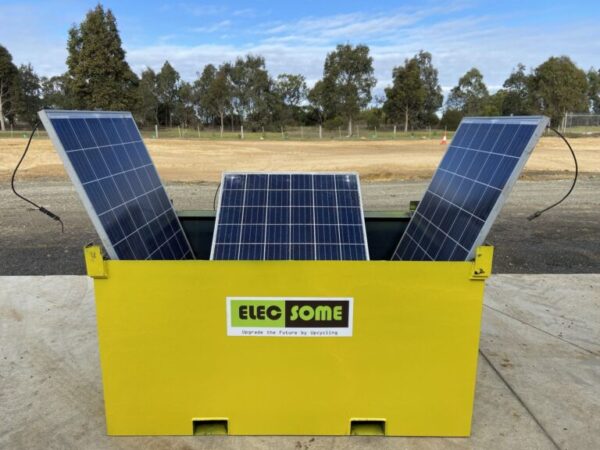
Image: Elecsome
Elecsome currently produces a pre-mix concrete product from end-of-life solar panels by upcycling glass into a nano-engineered concrete aggregate, which it says saves cement mix manufacturers between 50-80% of their need to use river sand in similar products.
Elecsome is backed by solar industry electrical cable assembly and manufacturing company, the Ojas Group, which has partnered with the University of Melbourne (UoM) and Royal Melbourne Institute of Technology (RMIT) to develop solar panel upcycling processes.
Research is being undertaken into recycling silicon, to be reused for solar panel application or upcycled into construction materials, and ethylene vinyl acetate (EVA) to be turned into an energy source or reused in new solar panels.
Approximately 1.4 million panels in Australia will reach their end-of-life in 2025 creating an estimated waste generated due to non-usable solar panels to be 145,000 tonnes a year by 2030.
This content is protected by copyright and may not be reused. If you want to cooperate with us and would like to reuse some of our content, please contact: editors@pv-magazine.com.
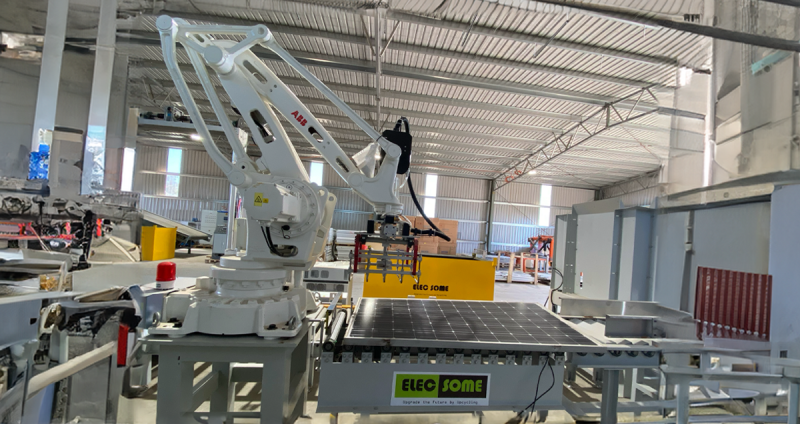
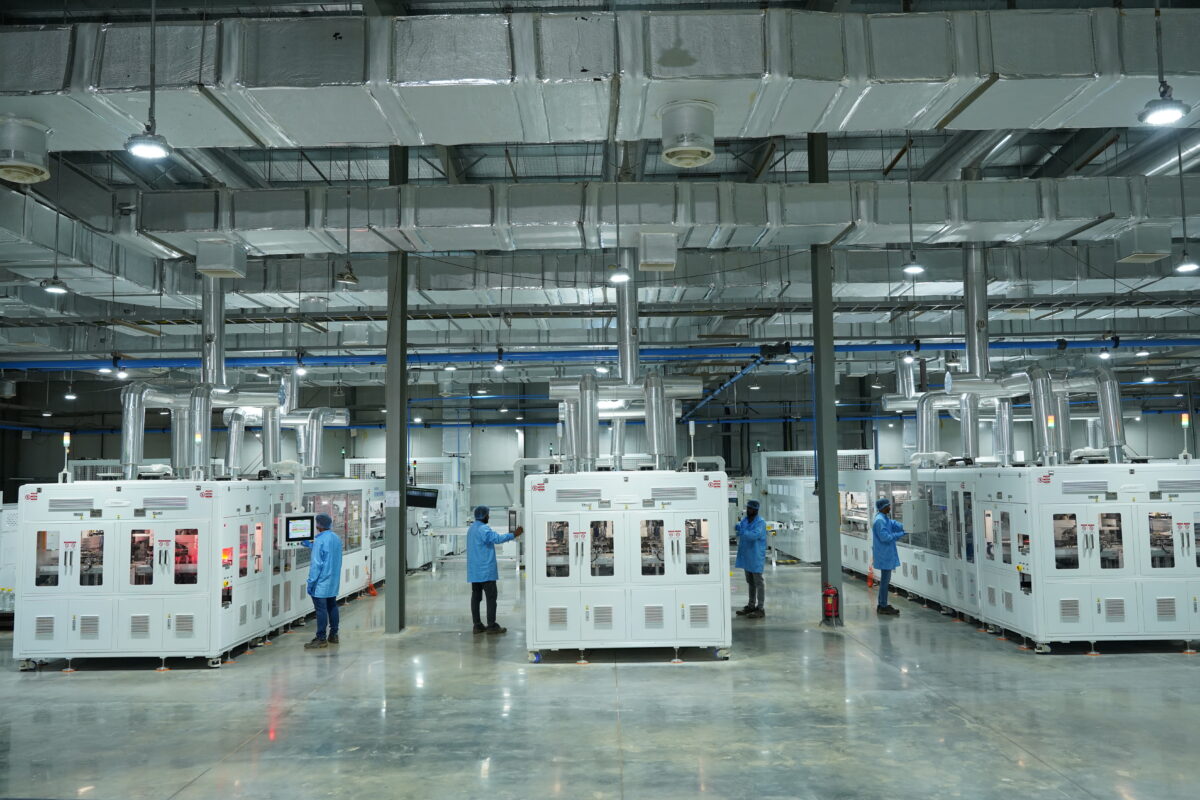



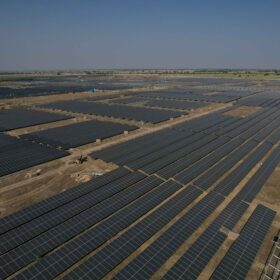
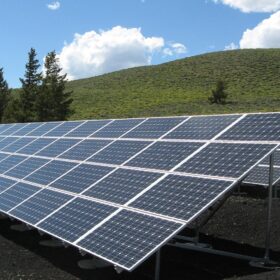
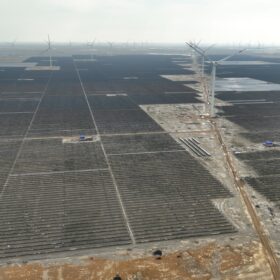
By submitting this form you agree to pv magazine using your data for the purposes of publishing your comment.
Your personal data will only be disclosed or otherwise transmitted to third parties for the purposes of spam filtering or if this is necessary for technical maintenance of the website. Any other transfer to third parties will not take place unless this is justified on the basis of applicable data protection regulations or if pv magazine is legally obliged to do so.
You may revoke this consent at any time with effect for the future, in which case your personal data will be deleted immediately. Otherwise, your data will be deleted if pv magazine has processed your request or the purpose of data storage is fulfilled.
Further information on data privacy can be found in our Data Protection Policy.